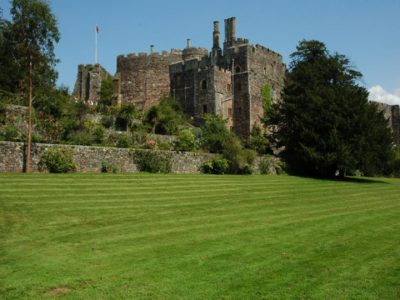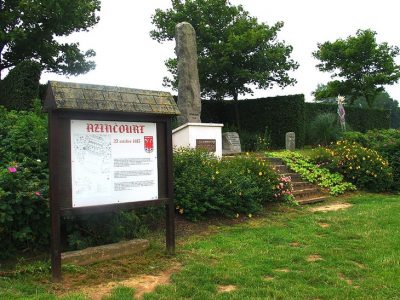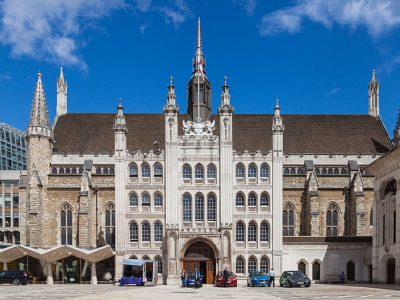What did John Mowbray, Earl Marshal, take with him on the campaign?
By Professor Anne Curry Berkeley Castle The army which Henry V took to France was paid. As a result we know a great deal about its size and composition. In order to avoid fraud, Exchequer officials checked that those who had promised troops had actually brought them. This was done by carrying out musters which listed all the names of the soldiers. We will be telling you more about these sources in the National Archives in answers to other questions. The Exchequer materials provide us with much valuable material, but... Read More



